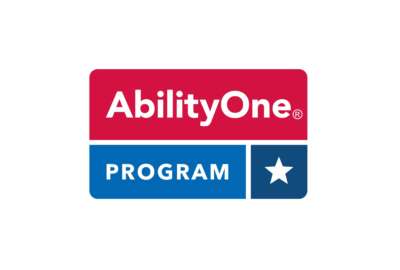War zone corruption allegations rise
More and more cases of fraud and corruption by troops and contractors in Iraq and Afghanistan are being investigated. The Special Inspector General for Iraq...
wfedstaff | June 3, 2015 7:47 am
By Suzanne Kubota
Senior Internet Editor
FederalNewsRadio.com
More and more cases of fraud and corruption are coming to light in the reconstruction of Iraq. The Defense Department’s Inspector General tells USA Today that he’s investigating 223 cases — an 18-percent increase from a year ago.
The Special Inspector General for Iraq Reconstruction, Stuart Bowen, told Federal News Radio, he attributes the increased caseload to the “forensic financial initiative that we began 18 months ago. It’s an interagency effort, part of a Congressional mandate we were given. And it has just in the last six months, virtually doubled our workload.”
Bowen explained that Iraq had been “exclusively a cash environment for the first five years of the reconstruction program.” Now, as that cash has come back to the United States, his office has been able to track it.
(W)e have auditors and investigators working together with IRS agents and others. From the Defense Criminal Investigative Service and the Army criminal investigative division and as a result, this multipurpose team has been able to piece together cases that we otherwise, individually, could not have come up with.
The cases now run from tens of thousands of dollars up into the millions, but Bowen said that’s not where the biggest losses are. The Commission on Wartime Contracting in Iraq and Afghanistan, “is exactly correct in identifying waste as the chief culprit of loss of U.S. taxpayer dollars in Iraq,” said Bowen. “Fraud is egregious, but it’s not where the big money is. Because of the security problem, because of corruption on the Iraqi front, because of constant change in programs and plans, U.S. taxpayer dollars were wasted. Billions.”
Bowen said he has estimated four to five billion dollars have been lost to waste over the last six years. “That’s unacceptable even in a difficult situation like Iraq.”
He said what both he and the commission are focused on now is “not just the fact of that waste, but how do we fix it.”
My proposal in a recent report that my office has issued is to create an entity within the United States government that has the responsibility and the capacity to plan and execute a contingency relief and reconstruction operation and be accountable. We don’t have that today.
The SIGIR has produced five lessons learned reports over the last five years based on work done in Iraq. At this point, some of those lessons are being applied in Afghanistan. But, said Bowen, they can be applied better.
Copyright © 2024 Federal News Network. All rights reserved. This website is not intended for users located within the European Economic Area.





